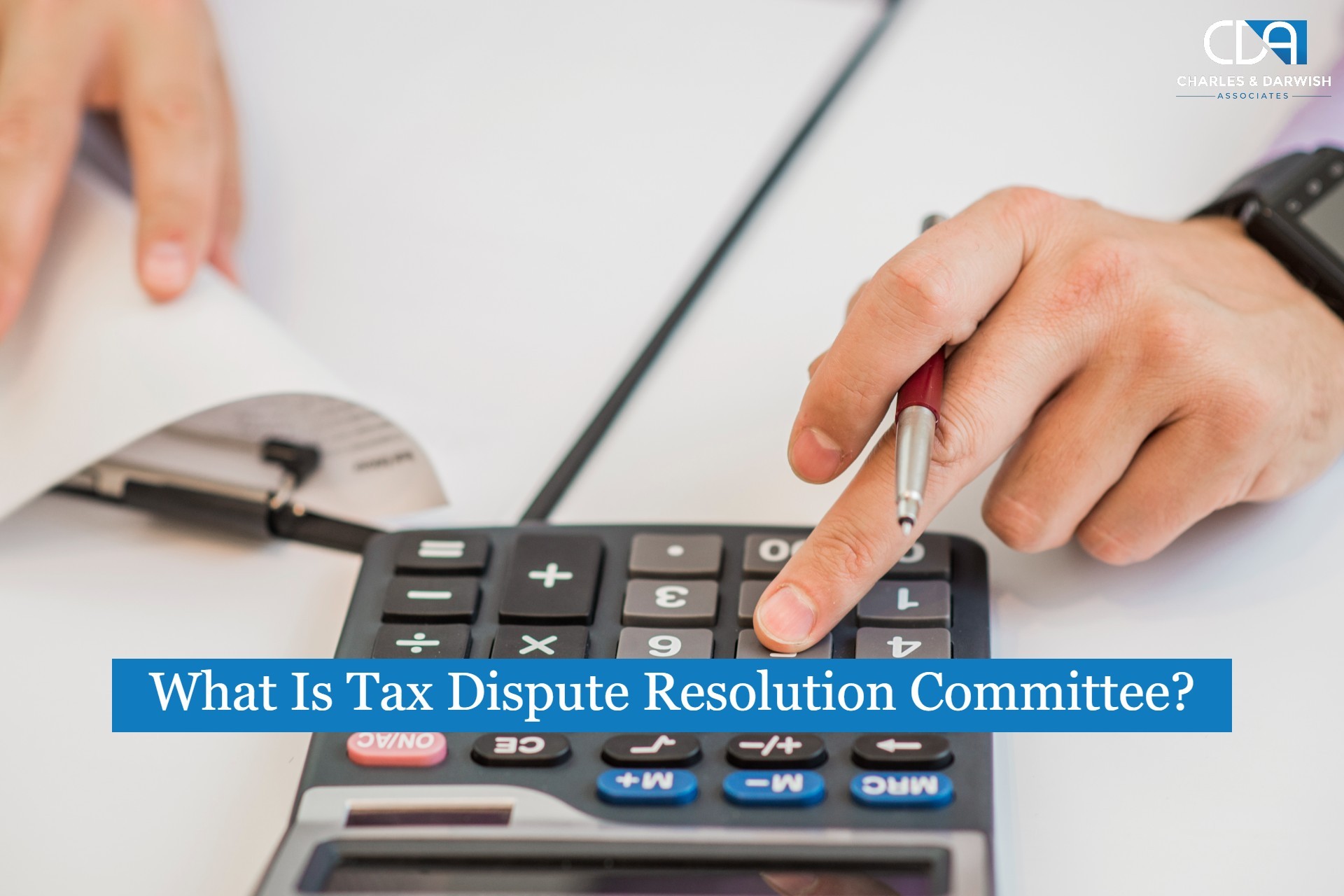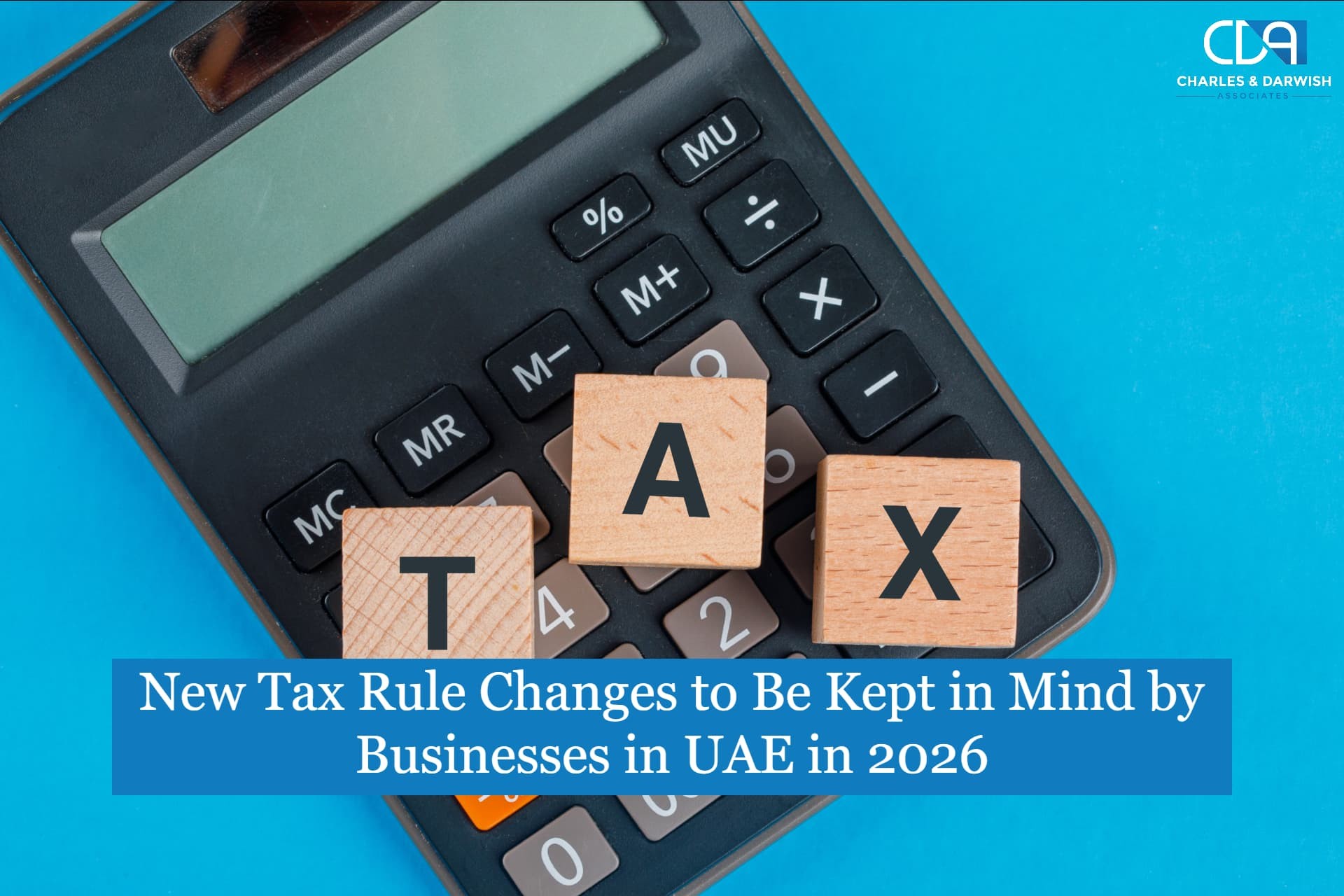List of Taxes Prevailing in UAE Today and the Taxes Expected to be Imposed in the Future
The United Arab Emirates, a land brimming with opportunities, has become a magnet for investors and entrepreneurs worldwide, thanks to its pro-business environment and tax-free policies. However, despite the country’s tax-free reputation, there are currently several taxes prevailing in the UAE, implemented by the UAE Government to bolster the nation's economic growth and progress.
Taxes Prevailing in the UAE Today
-
Value Added Tax (VAT)
Introduced in 2018, the value-added tax (VAT) mandated companies earning AED 375,000 per year to pay 5% on goods and services. However, businesses earning between AED 187,500 and AED 375,000 are given the option to register voluntarily. Businesses are expected to pay VAT quarterly within 28 days of the end of the tax period.
Goods and services that are exempt from the application of VAT include:
- Financial services, including certain types of loans and investments.
- International transportation services (excluding some air and sea transportation).
- Healthcare services, including medical equipment, and supplies.
- Residential buildings (excluding hotels and serviced apartments).
- Educational services (private school education, vocational training, and university education).
- Local passenger transport services (taxis, buses, and trains).
-
Excise Tax
Introduced in 2017, the Excise Tax was implemented to discourage the consumption of goods that pose a threat to human health and the environment. These include tobacco products, carbonated drinks, energy drinks, etc. Businesses producing, importing, or storing excise goods are required to register with the FTA as excise taxpayers and remit the following rates:
- 100% on tobacco and related products, energy drinks, electronic smoking devices, and liquids used in electronic smoking devices.
- 50% on carbonated drinks (except plain carbonated water) and sweetened drinks.
Excise Tax is paid quarterly, with payment due within 15 days following the tax period.
-
Customs Duty
Custom Duties are a tax levied on goods imported into the UAE. The customs duty or import tax is typically around 5% of the cost, freight, and insurance value of the goods. However, certain items like alcohol and tobacco may have a much higher import tax, ranging from 50 to 100%.
Moreover, goods traded between GCC member states and national products from Greater Arab Free Trade Agreement member countries, Singapore, and European Free Trade Association nations are also exempt from customs duties.
-
Tourist Tax
The UAE requires foreigners to pay taxes when enjoying the luxurious amenities of resorts, restaurants, and hotels. Tax rates may vary in different emirates. Dubai, for instance, imposes a Tourism Dirham fee on hotel guests and tenants of hotel apartments ranging from AED 7 to AED 20 per room per night, depending on the hotel's star rating. For example, a five-star hotel will charge AED 20 per room per night, while a two-star hotel may charge AED 10 per room per night.
Apart from the tourism Dirham fee, other charges and levies may also be included in the bill, including -
- Hotel Tax - 10%
- Service Fee - 10%
- Municipal Tax - 0 to 10%
- Tourist Fee - 6%
- City Tax - 6 to 10%
-
Property Transfer Tax
When purchasing a property in the UAE, residents are required to pay a transfer fee that varies by emirate. For instance, in Dubai, you'll need to cough up 4% of the property value (split evenly between the buyer and seller), whereas, in Abu Dhabi, it's just 2%. These charges apply to any direct or indirect transfers of real estate located within the UAE, including the transfer of shares in a company that holds real estate in the UAE.
-
Municipal rental Tax
Residential tenants in the UAE are required to pay the municipal rental tax, which is automatically added to their bill. Depending on the emirate, the percentage of the tax varies, with residents of Dubai paying an annual rental tax of 5% while residents of Abu Dhabi and Sharjah pay 3% and 2%, respectively. Furthermore, in the case of renting a commercial property, the tenants are required to pay a 10% municipal tax. It normally varies between 6% and 10%, depending on the emirate.
-
Withholding Tax
There is a 0% withholding tax prevailing in UAE as of now, which is the least amount charged among the GCC countries. Hence, it attracts more investors to UAE.
Apart from the above taxes, oil and gas exploration and companies are charged at a progressive rate of 55% at the emirate level.
You can also read: What is Withholding Tax and its Rate in GCC Countries?
Taxes Expected to be Imposed in UAE
-
Corporate Tax
The UAE government is planning to introduce a new corporate tax regime in June 2023, levied on businesses with net profits of AED 375,000 or more. The corporate tax is a flat rate of 9%, and a 0% rate will be imposed on businesses earning less than AED 375,000 annually. However, the exceptions to the corporate tax rate are companies operating in the oil and gas sector, as they are subject to a whopping 55% tax rate.
Other than this, there is no further tax expected to be implemented in UAE as of now.
The UAE is renowned for being a tax haven, providing a tax-friendly environment for businesses and individuals. But as the country aims to fuel its economic growth and development, new taxes are on the horizon. Thus, it is essential for entrepreneurs planning to incorporate or expand their business in the UAE to keep up with the latest tax regulations and avoid any unwanted fines or penalties. By staying informed, businesses and individuals can make well-informed decisions and take advantage of the diverse opportunities that the UAE has to offer. Contact our expert tax consultants now and get tax advice to stay compliant. CDA can enhance your tax knowledge and assist you in framing proper tax policies to stay on the same page with the authorities and get possible tax benefits. So don’t be delayed, contact our experts now.

Mark Thompson
Full-stack Developer, Blogger, and Tech Enthusiast.
Mark specializes in digital marketing, SEO, and content strategy.













